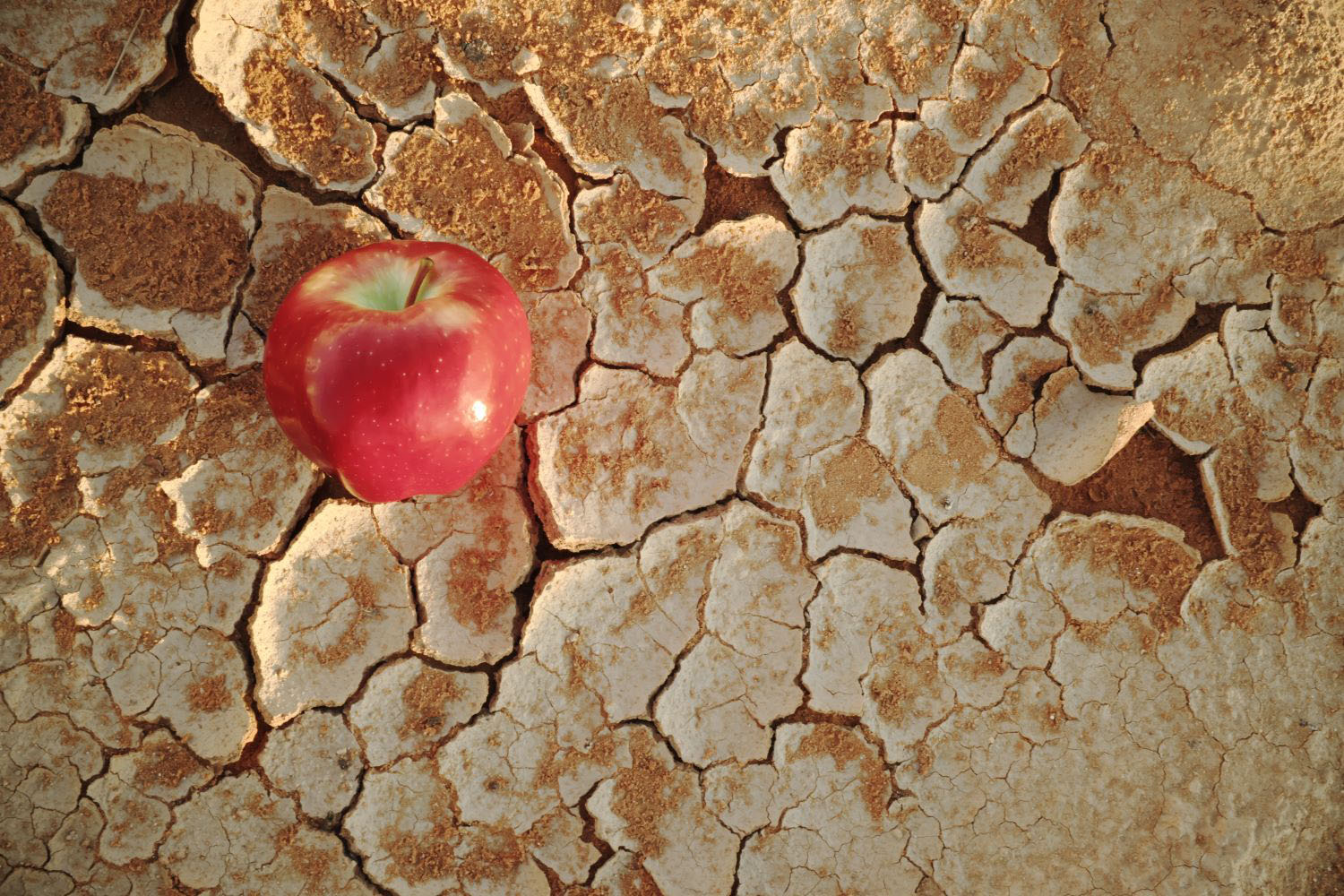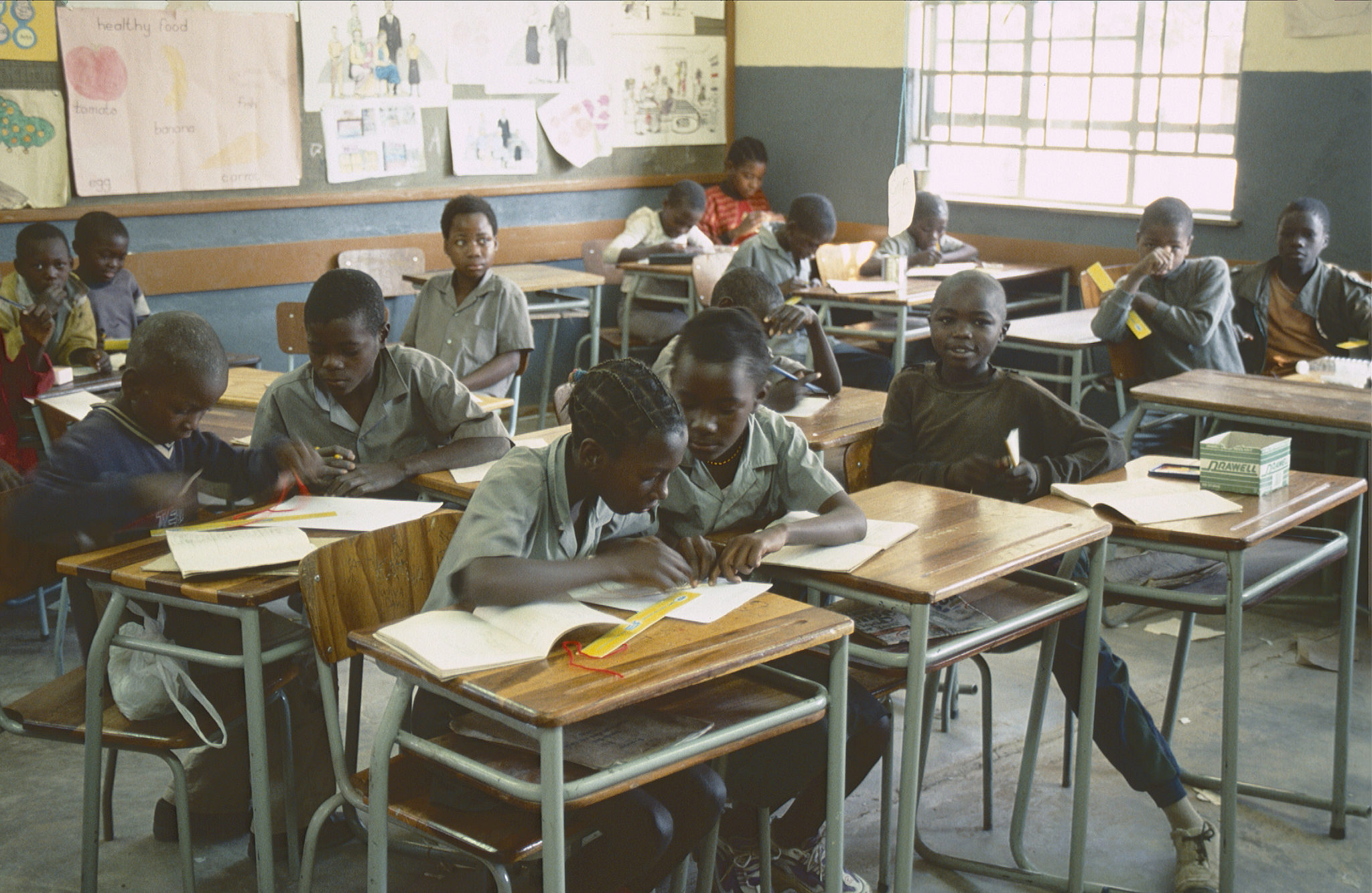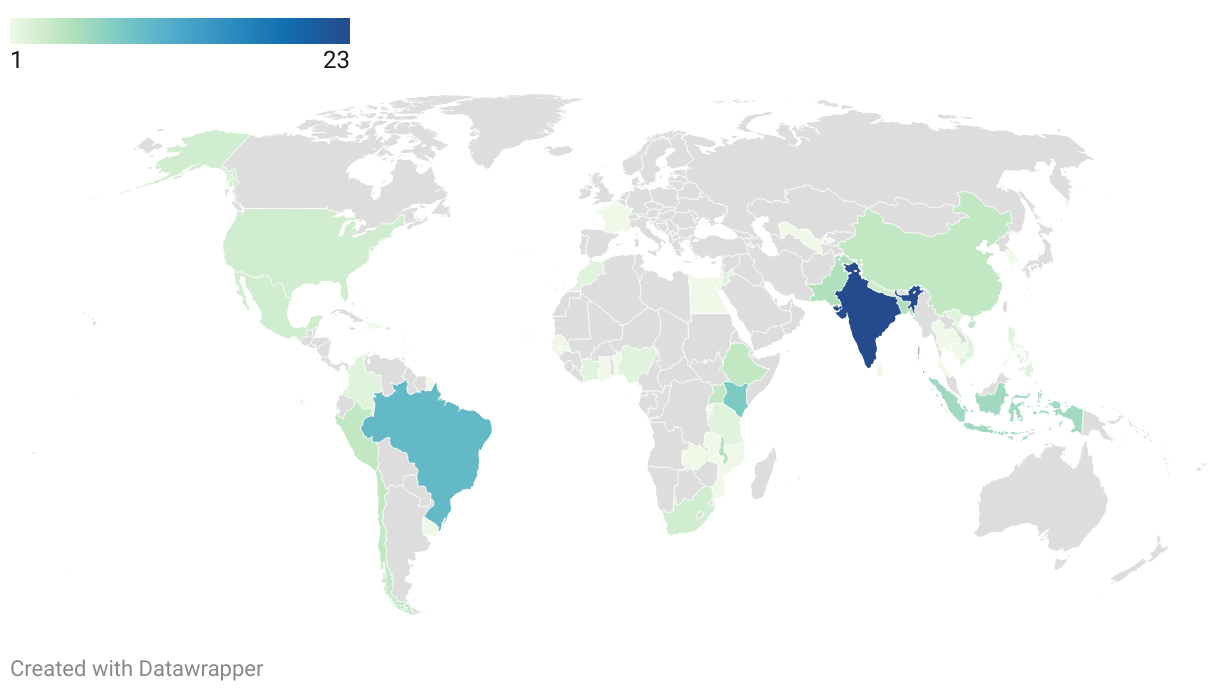
Report | Press release
My guest on this week’s Global Prosperity Wonkcast is CGD senior fellow Vijaya Ramachandran, here to speak to us about the Food and Agricultural Organization (FAO) of the United Nations. The FAO is the leading global institution dedicated to raising agricultural productivity, but a new report from CGD says that the FAO, despite its respected status as the premier global food agency, risks squandering its potential when demand for food is rapidly rising and supplies are threatened.
Vijaya is head of the working group that produced the report, Time for FAO to Shift into a Higher Gear, which says that the FAO should stop supporting pet projects of various agricultural ministers and instead should focus on global public goods, such as coordinating research to raise agricultural productivity, fostering global data gathering and monitoring, and implementing early-warning systems for plant diseases and pests. The FAO should support global public goods because no single country can do it on its own. “Now more than ever before, the world needs an effective FAO,” she says. “The FAO is uniquely placed to help prevent more widespread hunger in the face of adverse global trends. But it won’t succeed if it continues to putter along with business as usual.”
The report recommends that the FAO’s focus half of its nonemergency spending global public goods and one-quarter on regional activities. Now, about one-third of nonemergency spending goes to global and regional public goods while almost 40 percent is spent on local community projects—a low-priority area that the report says should attract no more than 5 percent of the organization’s nonemergency spending.
Vijaya first addressed why we should care about the FAO more now than we have in recent decades:
"We think by 2050, there will be 2 billion more people on the planet. There are a number of factors affecting the supply of food, including climate change and other factors that might cause volatility in the production of food. We need to worry about having a proper agency that will guide the thinking and policy dialogue around increasing the productivity of agriculture and increasing our food supply."
I also asked Vijaya if she and other members of the working group faced difficulty reaching a consensus, and she tells me that the incredibly diverse working group, all of whose members have had repeated interactions with the FAO, “believes strongly that the FAO needs to take a more central role in raising agricultural productivity and meeting the increasing demand for food.”
“I thought at the outset that there would be very divergent views on that the FAO should do,” she explains, “but the group coalesced very quickly around the idea of the provision of global public goods.” The group believed that the FAO’s success at eradicating rinderpest and introducing international food safety standards were some of its biggest achievements, and that providing such global public goods should be the focus of FAO’s activities going forward.
“Unfortunately, over the last couple of decades, the FAO has been pulled into very small-scale, country-level activities often in response to the demands from agricultural ministers,” Vijaya explains. “What it really needs to be doing is providing public goods that can be used by farmers and other people in the world food system.”
Vijaya discusses the report’s proposition for a reallocation of the FAO’s funds toward provision of global public goods and emphasizes the necessity for FAO member states to provide funding for its core activities rather than funding that is earmarked for specific, country-level projects. “This is the time for FAO to think about where it needs to be going,” Vijaya says. “The organization itself has undertaken a reform process, and we hope that this report can be of help to staff and management, and maybe, more importantly, it can be of help for the key stakeholders and members states that provide the vast majority of its funding. I think for those states, this report can serve as a very good basis for a dialogue on where the FAO should be going.”
I express my hope that Vijaya would return to the show in a year and give us a report card on how well the FAO meeting objective set forth in the report. “I believe it will be difficult because the FAO’s balancing a number of different interests and stakeholder perspectives,” Vijaya says, “but I look forward to what will happen in the upcoming year.”
My thanks to Sophia Bernazzani for an initial draft of this blog post, and to Kristina Wilson for recording the Wonkcast.
CGD blog posts reflect the views of the authors, drawing on prior research and experience in their areas of expertise.
CGD is a nonpartisan, independent organization and does not take institutional positions.






